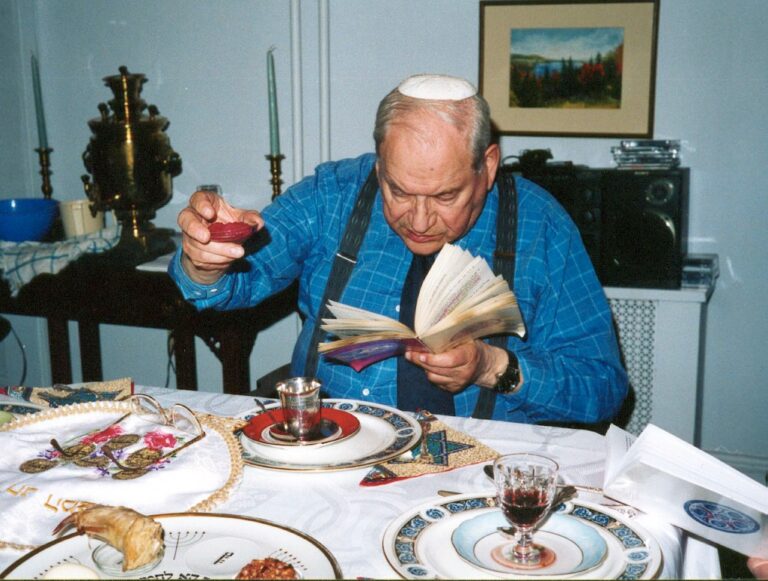Pesach or Passover as it’s known in English is a spring festival. In the springtime there’s a feeling of newness, of renewal. The land comes to life as trees bud and flowers bloom. It’s the time of year when a half a billion migrating birds fly over the land of Israel. The earth seems to come back to life as hope springs eternal!
You might be surprised to learn that the Bible tells us that it’s also the beginning of the year:
“Now the Lord spoke to Moses and Aaron in the land of Egypt, saying, “This month shall be your beginning of months; it shall be the first month of the year to you.” Exodus 12:1-2
We live in a world where the the new year occurs during winter on January 1st. At that time many of us set goals for ourselves called new year’s resolutions. Maybe we want to try to loose weight or kick a bad habit.
The Bible, however, ordains the new year in the spring coinciding with the spring festival of Passover. This is an exciting combination occurring at a time when many of us do a spring cleaning around our homes. Many in the Jewish world do a spring cleaning, not only of their homes but their souls as well! Leading up to the festival in kitchens all Chametz or leaven is removed including: breads, cereals, pasta, cookies, crackers, pizza – anything containing yeast.
Homes are prepared for Passover as Jews resolve to turn hearts to God.
Generally speaking Jews are extremely conscience of their origin and purpose. Passover is a major connecting point for Jews of all stripes and backgrounds regardless of where they live.
So, what’s it all about? History? Yes. God’s mighty deliverance so many years ago? Yes, of course. How about food? Absolutely!
For many cultures, nations and ethnic groups mealtimes play a significant role. However for Jews and Passover it’s actually in the biblical text:
“Speak to all the congregation of Israel, saying: ‘On the tenth of this month every man shall take for himself a lamb, according to the house of his father, a lamb for a household…. Then they shall eat the flesh on that night; roasted in fire, with unleavened bread and with bitter herbs they shall eat it.” Exodus 12:3&8
These verses describe Israel’s last meal in Egypt. The modern Passover Seder, which is a religious service as well as a meal, is a celebration reenacting or imitating this meal.
One heavenly caution which is so important to us at Leket Israel is the instruction that there be no left overs.
“And if the household is too small for the lamb, let him and his neighbor next to his house take it according to the number of the persons; according to each man’s need you shall make your count for the lamb”… “You shall let none of it remain until morning.” Exodus 12:10&4
When, because of famine, Jacob’s family relocated to Egypt it was just that; a family. Now after centuries of captivity under slavery his family was about to become its own nation. And what was this fledgling nation’s first act? Obviously a communal meal! But also, in the tradition of their forefather Abraham, the nation was born in hospitality and sharing with those in need.
When we, as Christians, share of our resources with the needy of Israel, in a sense, a deep spiritual sense, we participate with them in that Seder meal which commemorates God’s mighty deliverance of the Israelites from bondage. We also gather with the Jewish people and ponder His final redemption of mankind to occur at some point in the future!

